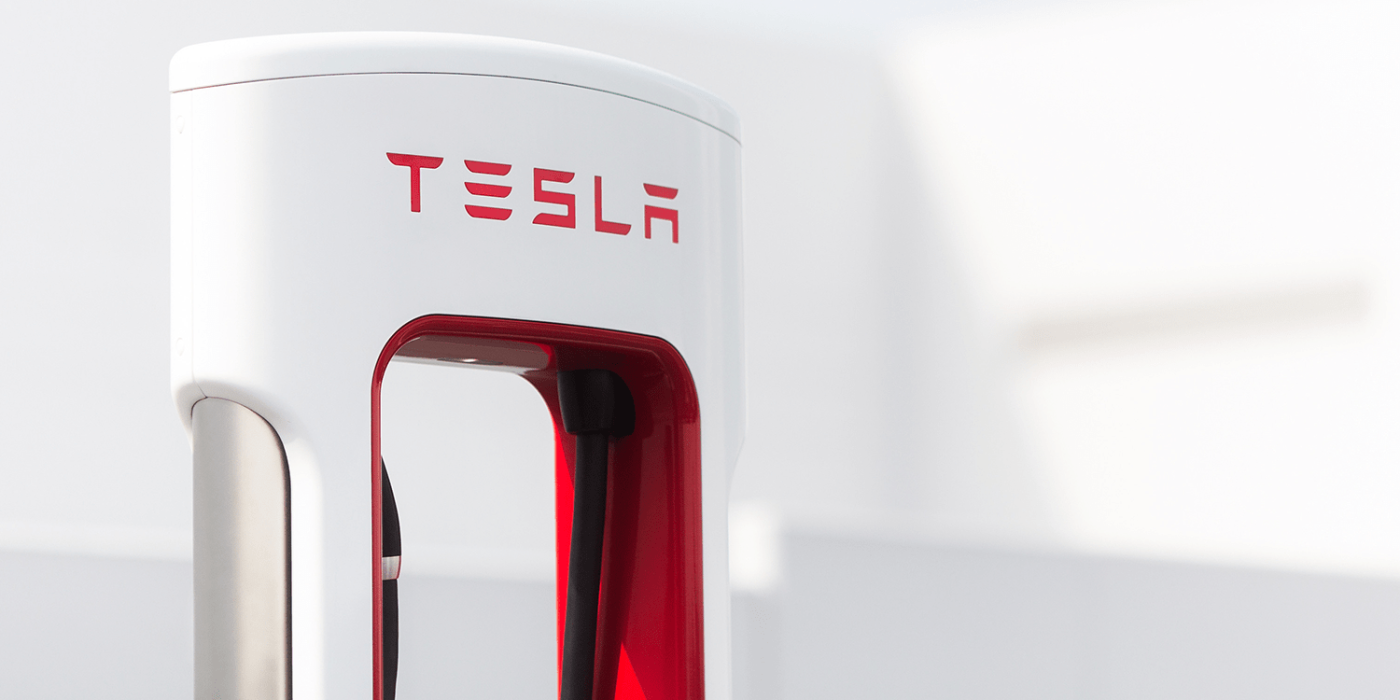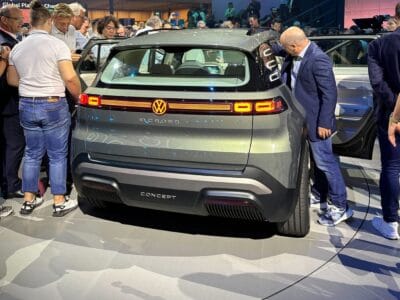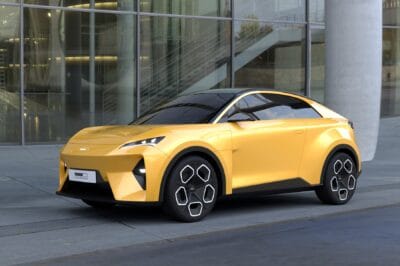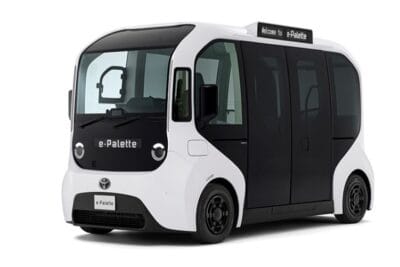NYC: Tesla Superchargers overwhelmed by growing EV taxi fleet
Drivers from Uber and Lyft are falling literally in line with climate policies in this case. New York City will oblige ride-sharers to switch their fleets to entirely electric cars by 2030, with a law to increase EV quotas issued in August last year. The authorities – previously notoriously strict and reportedly near EV-opposed – issued 10,000 new licences in New York City, and Tesla cars are proving particularly popular with hired drivers.
While growing an EV fleet and, ideally, decreasing private car ownership may seem like good news, it is a nuisance to other Tesla owners who have taken to X formerly Twitter to address Elon Musk directly.
Tesla has responded to the rush on its NYC chargers with a “congestion fee”. Any driver charging past 90 per cent now pays an extra dollar per minute. Since the last ten per cent takes the longest time to charge, Tesla hopes this will lead to (slightly) shortened charging sessions at the Superchargers.
It’s not a long-term solution. Uber and Lyft have a combined 78,000 vehicles ready to accept a ride in the big apple. With these having to transition to EVs within six years, the city will require more charging stations.
It is also not just NYC that must start to take into account the high-frequency charges of taxis and private cabs.
In Oslo, nearly all newly licensed cabs (88%) were electric last year, but we have yet to hear of similar issues. The Norwegian capital has decent infrastructure and was among the first to introduce inductive taxi charging.
Amsterdam was another early European example of a Tesla taxi fleet – Schiphol Airport has had 200 Tesla taxis on site since 2014 – and has installed designated charging spots. In an update in 2022, Royal Schiphol Group announced plans to install 10,000 EV charging stations at its airports by 2030.
The other option is for taxi operators to build their own charging stations. The Danish Dantaxi firm reportedly teamed up with E.On in 2021. They then installed a large charging station in Copenhagen to supply up to 400 e-taxis.
Even in NYC, the Tesla cab service Revel continues to build charging stations for its fleet and leaves these open to other operators. Commenting on the current cues at Tesla Superchargers, Revel spokesperson Robert Familar told the portal Electrek that it saw a nearly four times increase in use of its own chargers over the last two months. The company credits this to more ride-share drivers using electric vehicles.
However, companies like Uber and Lyft remain absent from the physical side of the business. While both have started to facilitate deals for drivers to receive beneficial buying conditions for electric cars, (public) charging infrastructure is not part of the package, so cities better get ready.
That being said, a view over to China shows a highly integrated use case. CATL and the Chinese equivalent to Uber, Didi Chuxing, agreed this week to build battery swapping stations for cabs.





2 Comments